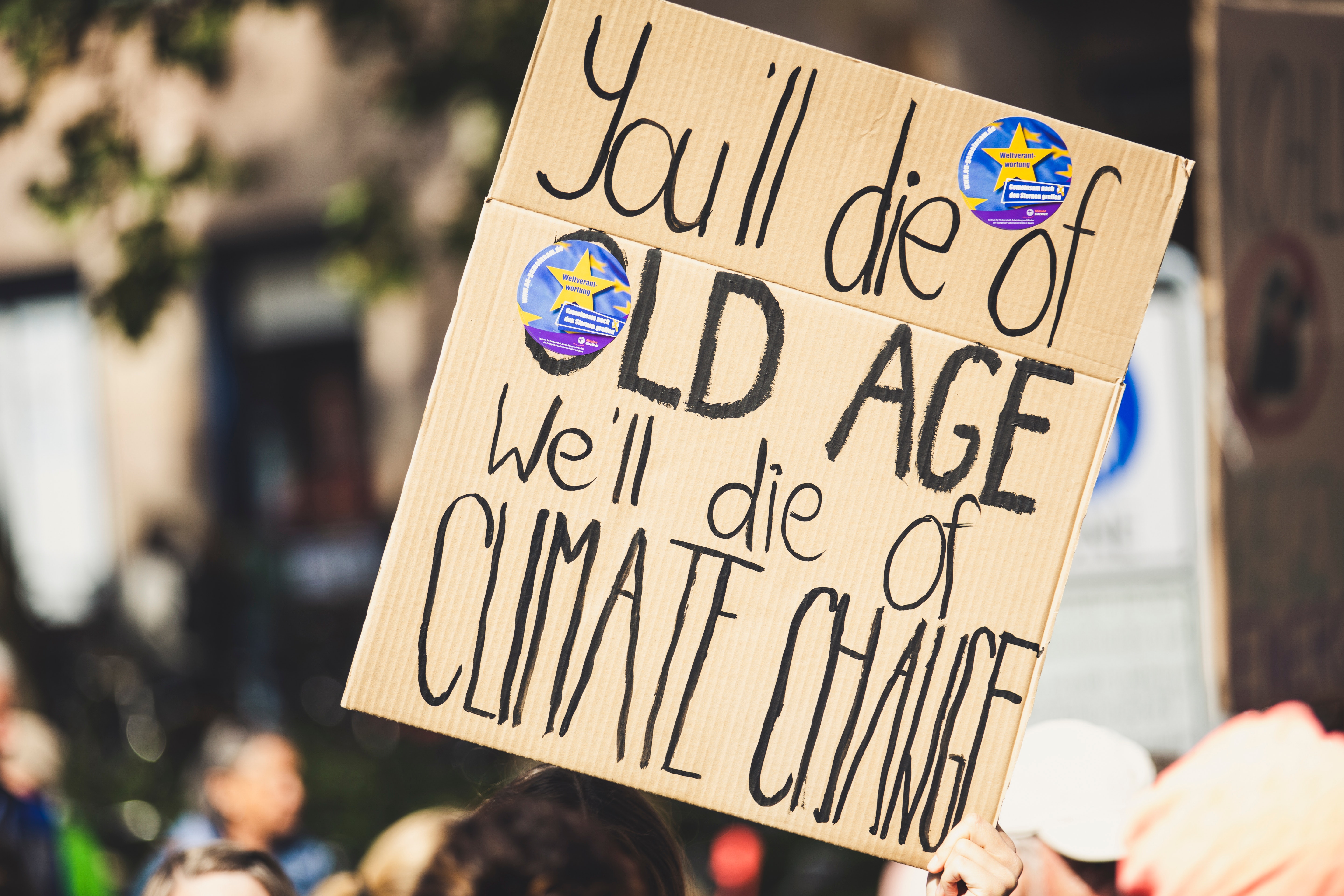Africa, being a developing nation, is being impacted by the extreme effects of climate change whilst being in the past, present or the future and needs the support of the wealthy nations. With that being said, the dark outlook of climate change has already been forecasted by the Intergovernmental Panel of Climate Change on how our future earth is predicted to look like.
The outcome of climate change by Atwoli and other researchers
There is no doubt that climate change is going to cause havoc as species are going to go extinct, climate hazards such as floods and heatwaves are going to exacerbate, and there is going to be an ecosystem collapse. Atwoli and other research scholars mention that the outcomes of climate change are connected to mental and physical health problems with indirect and direct consequences of mortality and morbidity. Further, to succumb these negative outcomes of climate change across the globe, there were 231 health journalists in 2021 that put forward, — “that the rise in global temperature must be limited to less than 1·5o C compared with pre-industrial levels”. An adaptation measure that has been discussed in 2015 for developing nations to combat climate change is related to climate finance but implementation has not been finalized as yet. Moreover, the fifth Conference of the Parties (COP) to the United Nations Framework Convention on Climate Change known as COP27 in 2022 was specifically organised by a developing nation such as Egypt in Africa. Preceding the COP27 conference in Egypt there was discussion around an urgent call for action where COP supports vulnerable communities and pays attention to climate justice in Africa. This demand was prioritized as Africa’s health needs to be maintained, as it will leave a positive health impact to the rest of the World.
Africa’s stance on the climate crisis
Africa alone contributes a small portion of the climate crisis but is being affected the most. One of the detrimental effects of climate change is regarding health pertaining to social and environmental determinants. Health impacts lead to environmental shocks which eventually have social effects on humans and their health. Environmental shocks caused by the climate crisis include: drought, reduced food production, floods and reduced labour productivity. For instance, “droughts in sub-Saharan Africa have tripled between 1970–79 and 2010–19.7 In 2018, devastating cyclones impacted 2·2 million people in Malawi, Mozambique, and Zimbabwe. In west and central Africa, severe flooding resulted in mortality and forced migration from loss of shelter, cultivated land, and livestock”. Moreover the after effects of floods have caused a chaos in environmental hygiene, which leads to many diseases that mostly spread in Sub-Saharan Africa such as “malaria, dengue fever, Lassa fever, Rift Valley fever, Lyme disease, Ebola virus disease, West Nile virus, and other infections.” Additionally, the rising sea levels caused by the floods have led to water-borne diseases being spread rapidly amongst the people affected by the floods. Due to the climate crisis alone the article states that 1.7 million deaths annually are occurring and there is a 50% increase from 2012 with regards to malnutrition. The article also highlights, “in all, it is estimated that the climate crisis has destroyed a fifth of the gross domestic product of the countries most vulnerable to climate shocks.”
Africa’s position in the climate crisis
Africa is a country that contributes the least to the global cumulative emissions. The statistics show the following: “North America and Europe have contributed 62% of carbon dioxide emissions since the Industrial Revolution, whereas Africa has contributed only 3%.” The impact of climate change results in further issues in Africa pertaining to forced migration, poverty, infectious diseases and globalized systems. The article also mentions that COVID-19 showed an active response from medical personnel's related to health, however, the intense research should not only be related to the pandemic risks. The research mentions that Africa must be prioritized in conferences, “instead, it is imperative that the suffering of front-line nations, including those in Africa, be the core consideration at COP27; in an interconnected world, leaving countries to the mercy of environmental shocks creates instability that has severe consequences for all nations.”
The article mentions that the way forward with the climate crisis is by adapting to climate change through climate finance where US$100 billion is globally critical as many societies are in the face of the climate crisis. The solution is through increasing resilience to the unforeseen future events of the climate crisis and greenhouse gas emissions must be reduced by the vulnerable nations with support from the wealthy nations. It has been said that disaster relief is not reliable but rather financing adaptation which is much more cost-effective.
The reason we are in a climate crisis
The article describes the reason for the climate crisis being a global inaction, which is coming at a great cost to humans and the environment. The effects are not solely on African countries but to the entire world. The article further mentions that wealthy nations have a part to play, “Africa is united with other front-line regions in urging wealthy nations to finally step up, if for no other reason than that the crises in Africa will sooner rather than later spread and engulf all corners of the globe, by which time it may be too late to effectively respond. If so far wealthy countries have failed to be persuaded by moral arguments, then hopefully their self-interest will now prevail.”
Greenie Web - a story of hope in the climate crisis
Climate change cannot be solved through a single solution but through a combination of innovative solutions. One such novel method is digital decarbonization - which is the process of reducing carbon emissions associated with digital infrastructure.
Greenie Web is a Singapore-headquartered startup that specialises in digital decarbonization and sustainable digitization. The startup’s mission is to empower governments and corporations to reduce the carbon footprint of their existing digital infrastructure - enabling all parties to progress in the green transition. Forging robust partnerships with ClimateTech startups such as Greenie Web can enable governments and corporations to boost their green transition action plans. The innovation and agility of such startups will enable governments and corporations to test-bed the latest solutions in a short period of time; fast-tracking ingenious solutions for the benefit of all.
The time to act is now. Let us unite for climate action.


0 Comments